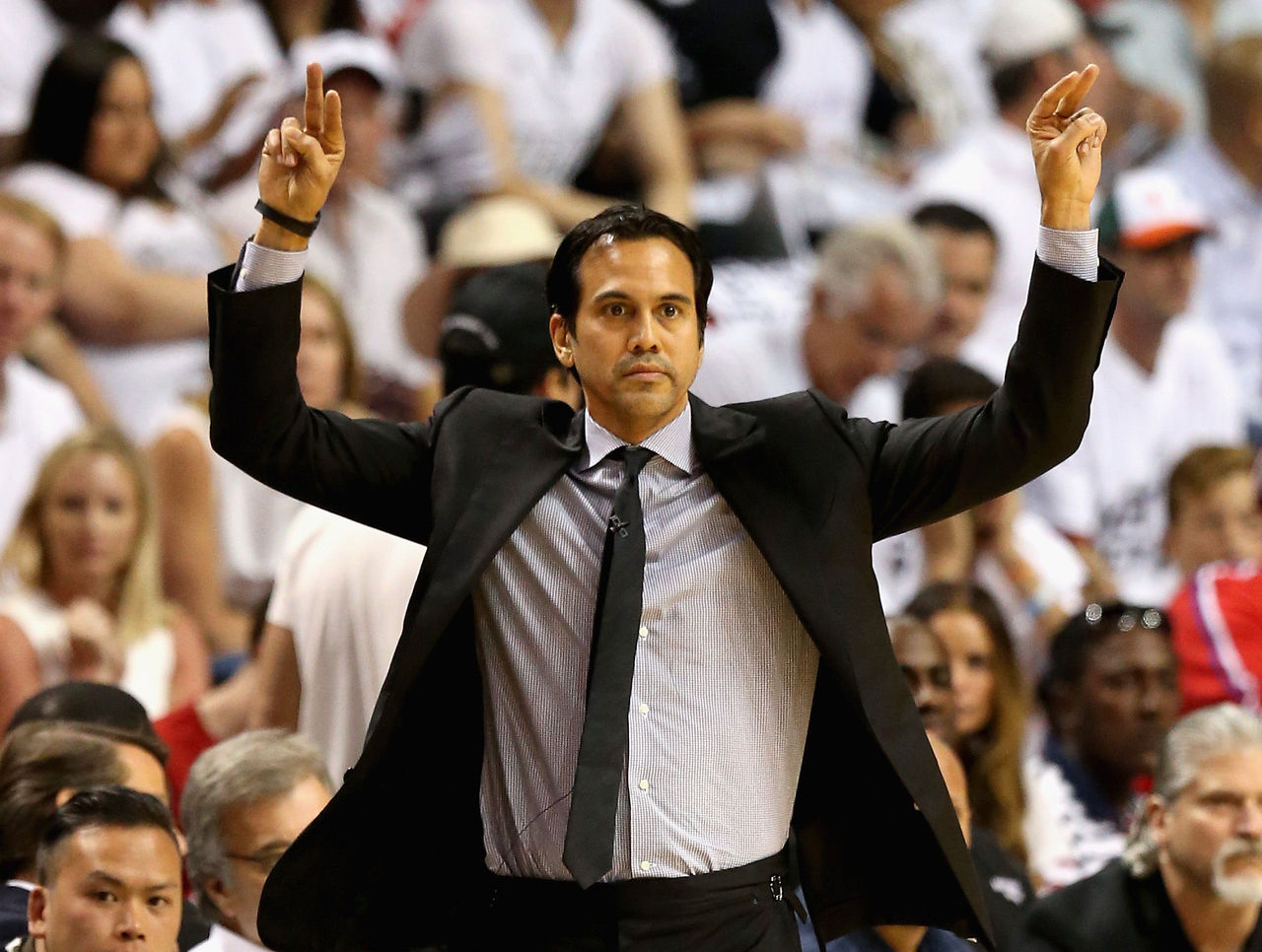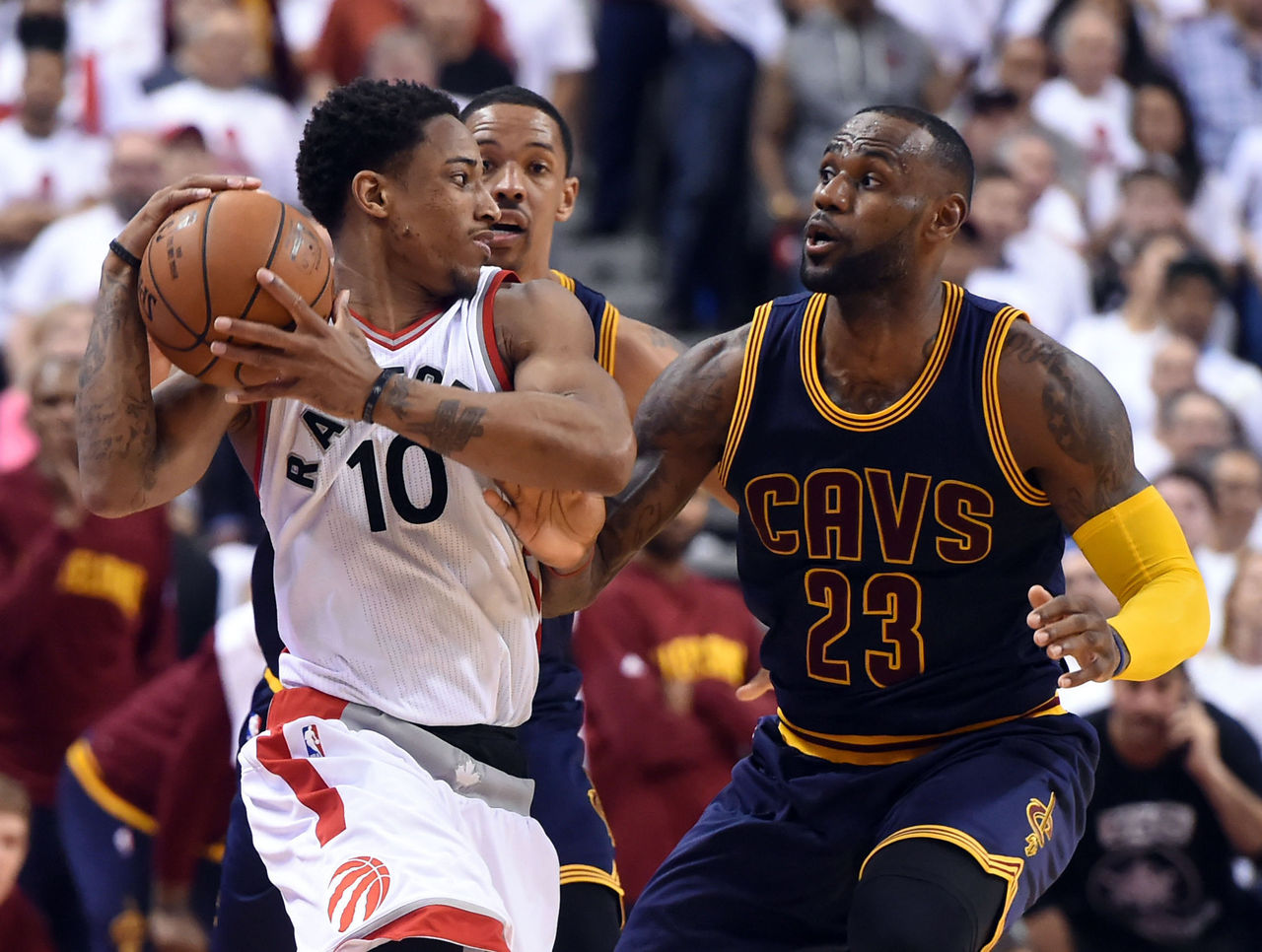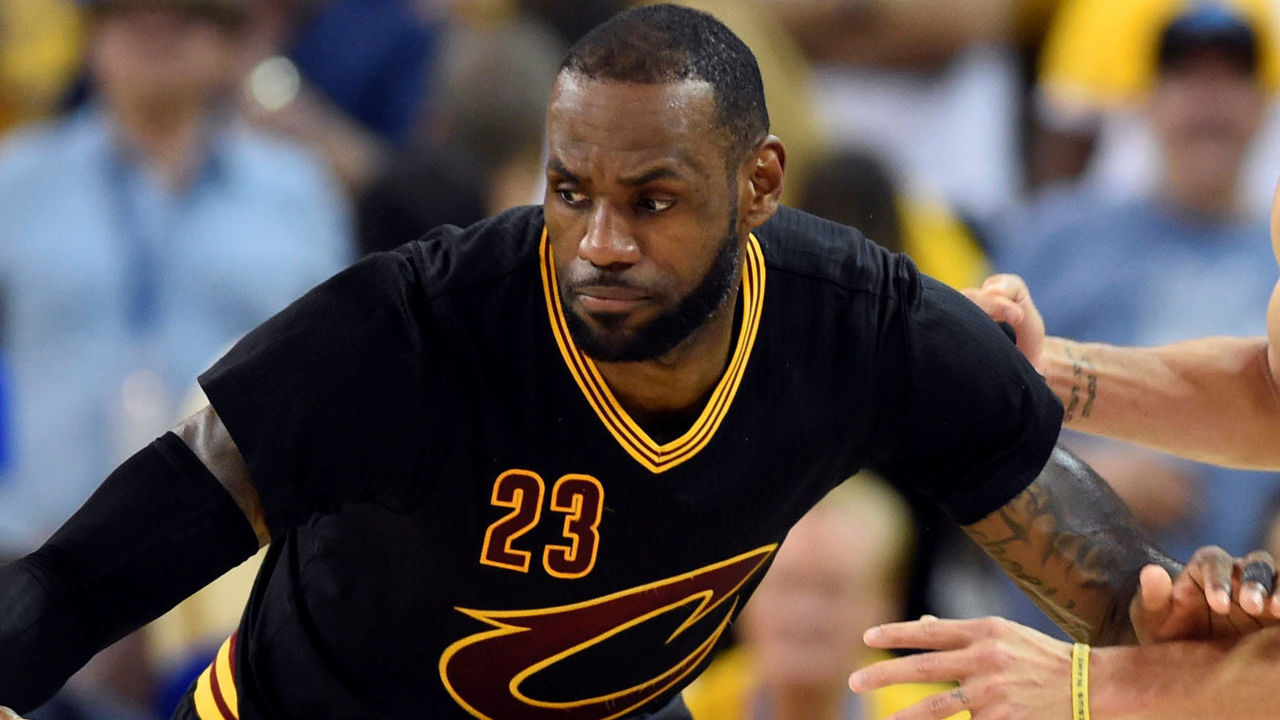Why Pace is a better predictor of offense compared to PPG
Follow theScore's fantasy feed on Twitter (@theScoreFantasy) for the latest news, features and more.
Pace, an estimate of a team's average number of possessions per game, has quickly become one of the most important advanced stats in basketball. Incorporating an understanding of a team's pace into your fantasy outlook can be a difference maker because it provides better context and is more predictive than the classic but incomplete metric Points Per Game (PPG).
It's relatively obvious, but the more possessions in a game, the more opportunities for scoring and the increased likelihood of a high volume of fantasy-relevant events in general. Because different teams play at different speeds and average different amounts of possessions per game, the impact of pace upon overall scoring is easy to show.

Take, for example, the 2015-16 edition of the Miami Heat. Last year, the Heat sat 20th in Points Per Game, averaging exactly 100 points. At first thought, the verdict would be that Miami is a poor offensive team. However, Miami's 100 points per game actually ranked 12th in terms of Offensive Efficiency. The reason for these contrasting rankings: pace.
Miami was one of the NBA's slowest teams last year, ranking 25th overall with an average of 95.7 possessions per game. As a consequence of their slow play, Miami has fewer possessions and fewer opportunities to score. But efficiency-wise, they ranked 12th, hardly in line with categorizing Miami as a "poor offensive team".
While the first conclusion from a Points Per Game mindset is to write Miami off as a below average offense, their style of play is the real reason for their mediocre PPG output. Miami's strong offensive play can actually be demonstrated against the league's seven teams who averaged over 100 possessions a game last year.
In 15 contests against these seven opponents, Miami scored over 100 points on 10 occasions and scored over 105 points on five occasions. To add some context to those numbers, Miami outperformed their average PPG 66.6 percent of time and significantly outperformed their PPG average 33.3 percent of the time.
By analyzing a team's pace and their opponent's pace, you will have a better overall grasp on what to expect from either team in any game. Just because a team doesn't rank highly in PPG doesn't mean they don't have the ability to do so when the tempo of the game changes.

Pace and its impact on Game Totals
A game's Total or Over/Under are other important factors in fantasy and specifically daily fantasy. Though Points Per Game can be used to estimate a game's total, it can lead to poor estimates. Why? Because it fails to account for pace and its impact on scoring.
The Cleveland Cavaliers and Toronto Raptors played nine games (including playoffs) between each other last year. Both teams ranked in the top half of league scoring in terms of Points Per Game: Toronto sat 13th, scoring 102.7 PPG and Cleveland ranked eighth, scoring 104.3 PPG. It would seem logical then that these two should combine for 200 points on the majority of their matchups.
But in those nine games, the Cavaliers and Raptors recorded under 200 points in five games and hit exactly 200 in one matchup. Furthermore, the two teams scored fewer than 205 points in eight of these nine games and only once did both teams score at least 100 points.
How and why did two teams who both averaged over 102.5 PPG combine to score less than 205 points on eight of nine occasions and only once both score over 100 in a game?
Cleveland and Toronto were two of the slowest teams in the league last year, sitting 28th and 29th in pace, respectively. Both averaged just a hair above 95 possessions a game. In their nine head-to-head matchups, their similarly slow styles of play dominated game flow with six of the nine games seeing under 90 possessions and the highest seeing an average of just 93.7 possessions per team.
If you had used PPG to predict scoring in these matchups, you would have assumed high scoring affairs. But for someone who analyzes pace, the cautious speed of both teams would have led you down a more conservative and more accurate road.

Pace equals opportunity and opportunity equals PPG
The pace of game clearly has a significant impact on any game and an impact that goes unaccounted for when simply looking at PPG. The faster the game, the more possessions, and thus the more opportunities for fantasy production. Because PPG fails to recognize this relationship, it will continue to be a flawed metric for those attempting to predict offensive output.
The ability of pace to explain totals like that of Toronto and Cleveland should be particularly important for DFS owners who use Totals as part of their lineup-building process. While a matchup between two high-scoring teams may initially lead you to project a high scoring game, that correlation is clearly subject to the pace of each team and how it determines the flow of the game.